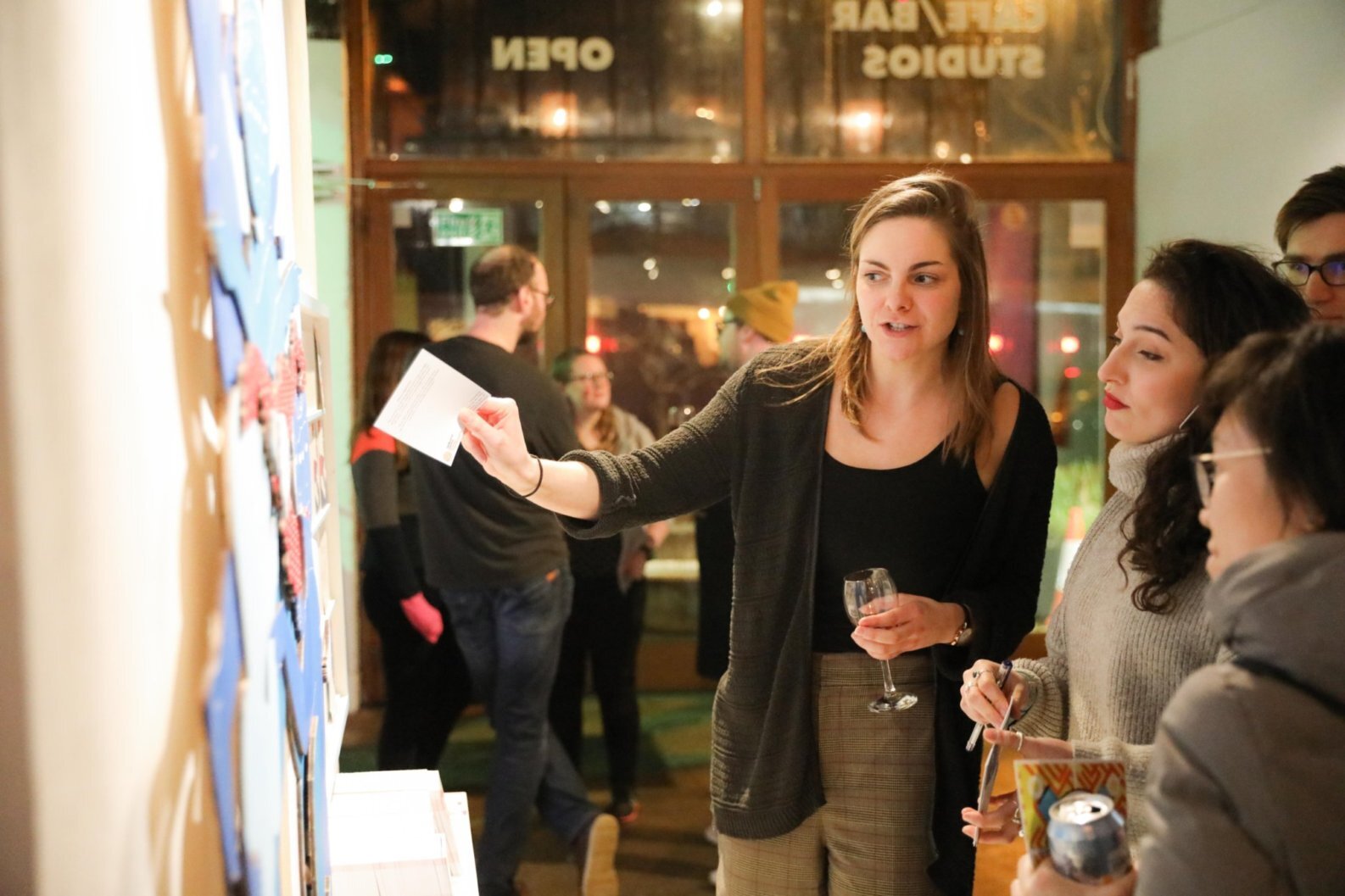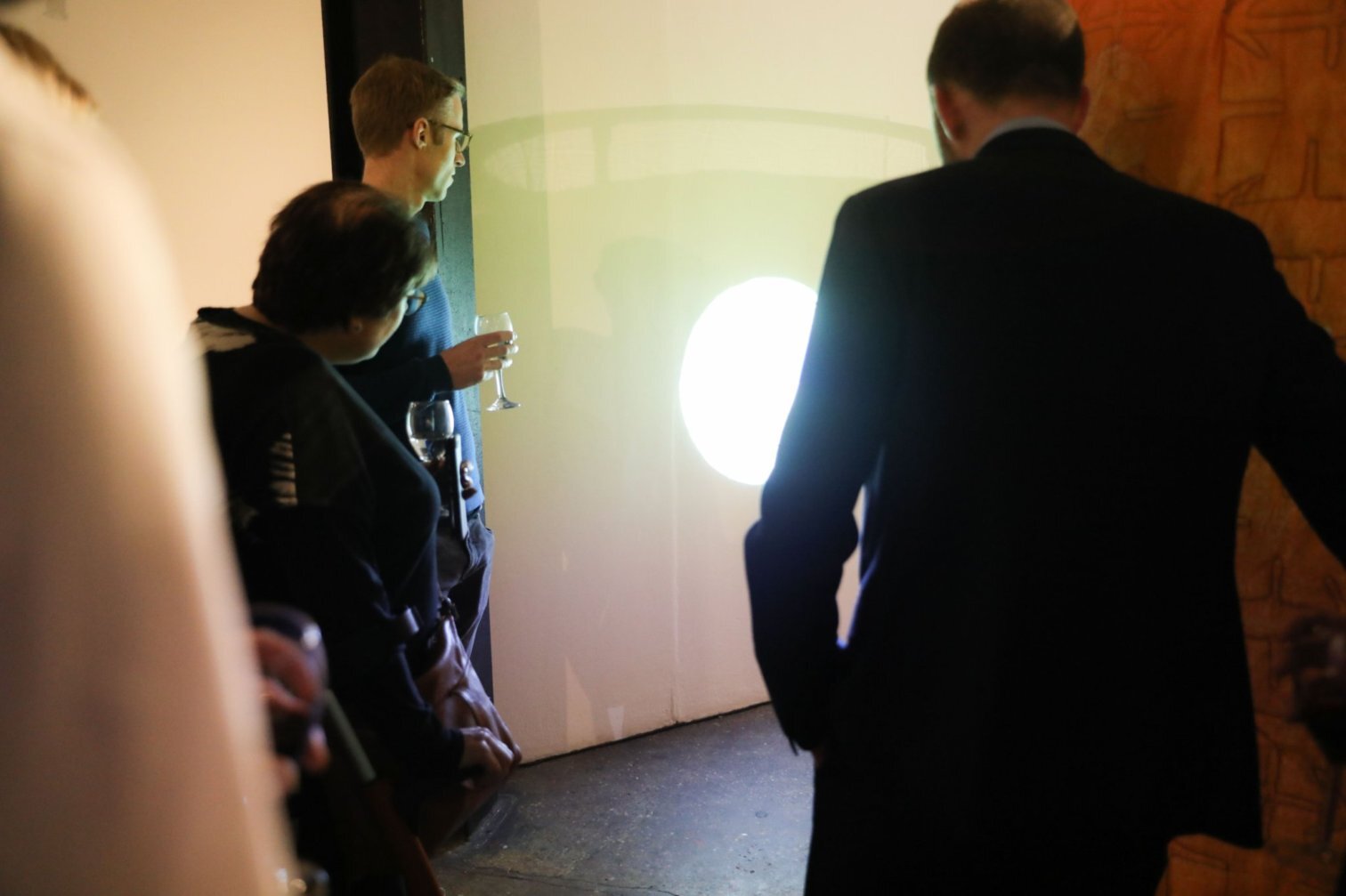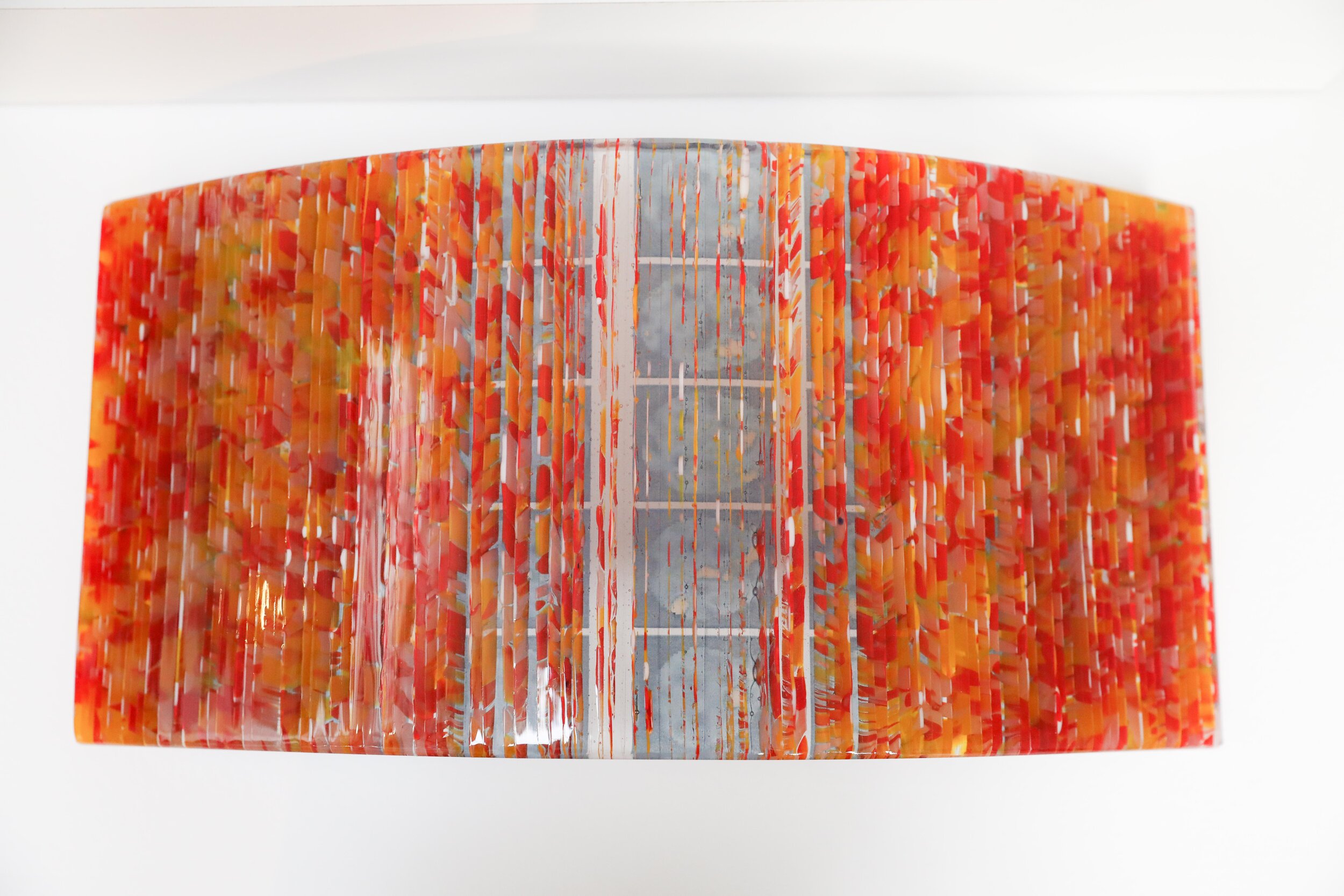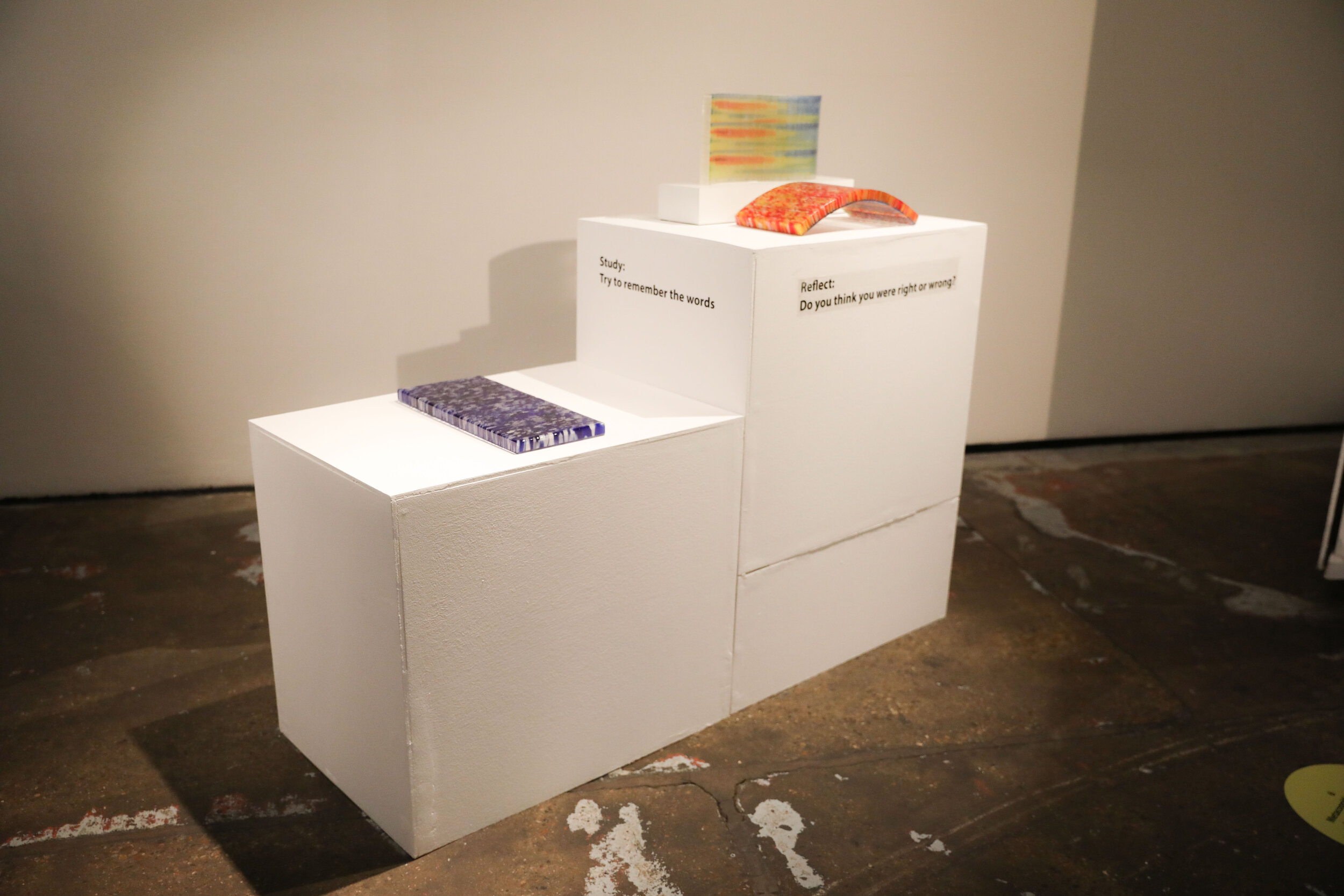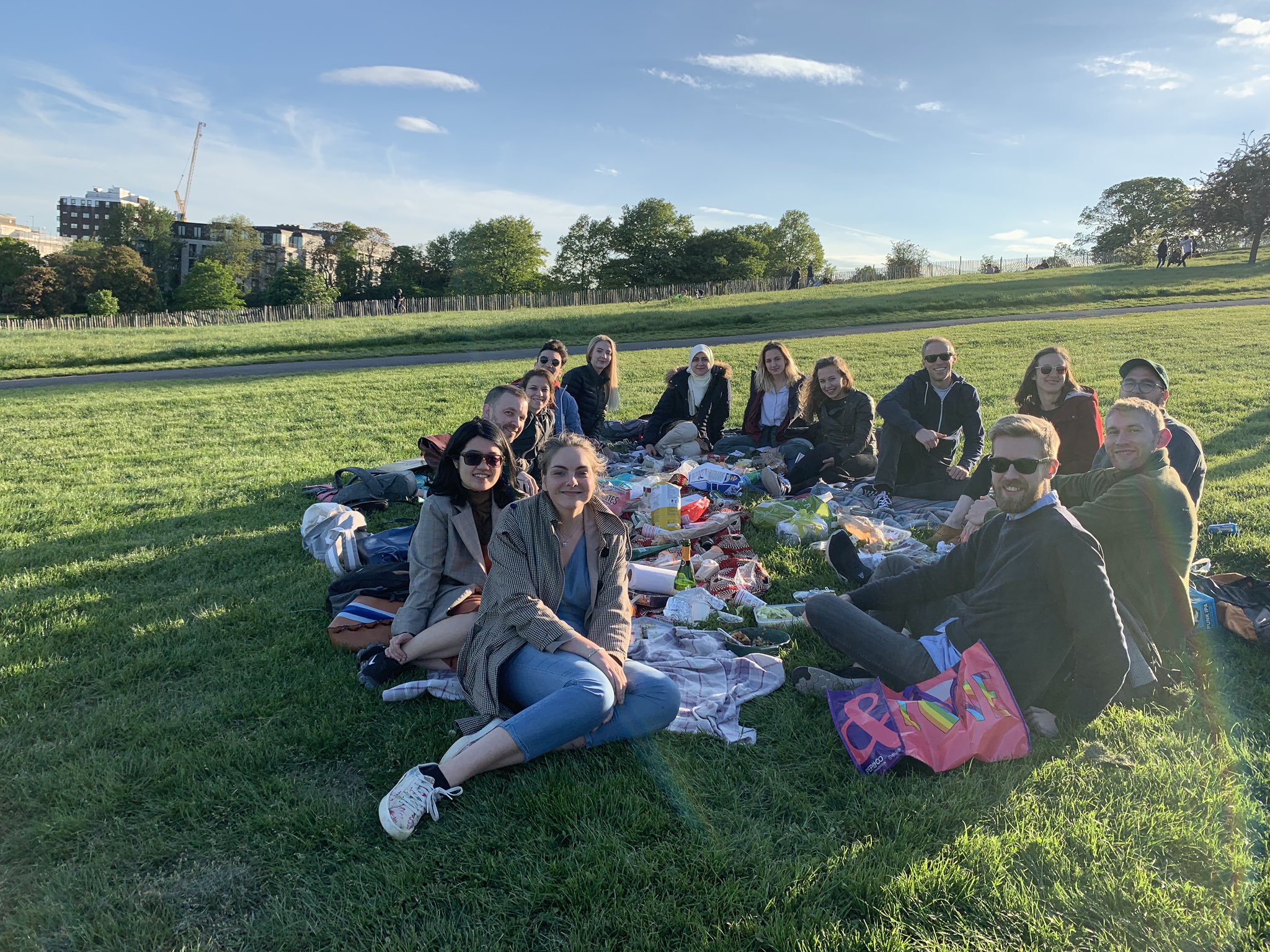Dr. Max Rollwage!
Congratulations to Max who successfully defended his PhD, making him the first PhD graduate from the MetaLab! Thank you also to Tali Sharot and Redmond O’Connell for being superb examiners. We sadly could not convene for an official post-viva celebration in person but got by with a combination of Zoom and socially distanced beers at the Queens Larder!





